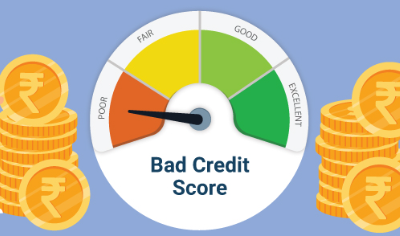The gig economy has transformed the way people work, offering flexibility and autonomy to freelancers across various industries. However, freelancers often encounter unique challenges when it comes to financial planning. In this guide, we delve into the specific challenges faced by freelancers in the gig economy and provide strategies to overcome these obstacles and achieve financial stability.
1. Understanding the Gig Economy
Definition:
- Freelance Work: The gig economy encompasses temporary, flexible jobs often performed on a freelance or independent contractor basis.
- Diverse Opportunities: Freelancers may work in various fields, including writing, design, consulting, and ride-sharing, among others.
2. Financial Challenges for Freelancers
Uncertainty:
- Income Variability: Freelancers may experience irregular income streams, making it challenging to budget and plan for expenses.
- Lack of Benefits: Unlike traditional employees, freelancers often do not receive benefits such as health insurance, retirement plans, or paid time off.
3. Budgeting and Cash Flow Management
Strategies:
- Creating a Budget: Establish a budget based on average monthly income and expenses, adjusting as needed to account for fluctuations.
- Emergency Fund: Build an emergency fund to cover unexpected expenses or periods of low income.

4. Tax Obligations and Planning
Considerations:
- Tax Withholding: Freelancers are responsible for withholding and paying taxes on their income, including self-employment taxes.
- Quarterly Estimated Taxes: Freelancers may need to make quarterly estimated tax payments to avoid penalties and stay compliant with tax regulations.
5. Retirement Planning for Freelancers
Solutions:
- Individual Retirement Accounts (IRAs): Freelancers can contribute to IRAs to save for retirement, taking advantage of tax benefits.
- Solo 401(k) Plans: Self-employed individuals can set up Solo 401(k) plans to save for retirement and potentially reduce taxable income.
6. Healthcare and Insurance Coverage
Options:
- Health Insurance: Explore options for individual health insurance plans or consider joining a spouse’s plan if available.
- Disability and Liability Insurance: Freelancers may need to purchase disability and liability insurance to protect against unforeseen circumstances.
7. Client Relationships and Payment Issues
Management:
- Clear Contracts: Establish clear contracts with clients outlining payment terms, deadlines, and deliverables to avoid disputes.
- Invoice Tracking: Implement a system for tracking invoices and following up on overdue payments to maintain cash flow.
8. Professional Development and Upskilling
Growth:
- Continuous Learning: Invest in professional development and upskilling to remain competitive in the gig economy and expand earning potential.
- Diversification: Consider diversifying skills and services offered to attract a broader range of clients and opportunities.
9. Seeking Financial Guidance and Support
Resources:
- Financial Advisors: Consult with a financial advisor specializing in freelance finances to develop a tailored financial plan.
- Online Communities: Join online forums or communities for freelancers to share insights, resources, and support.
Conclusion
While freelancing in the gig economy offers flexibility and independence, it also presents unique financial challenges. By understanding these challenges and implementing proactive strategies for budgeting, tax planning, retirement saving, insurance coverage, client management, and professional development, freelancers can overcome obstacles and achieve financial stability in the gig economy.





